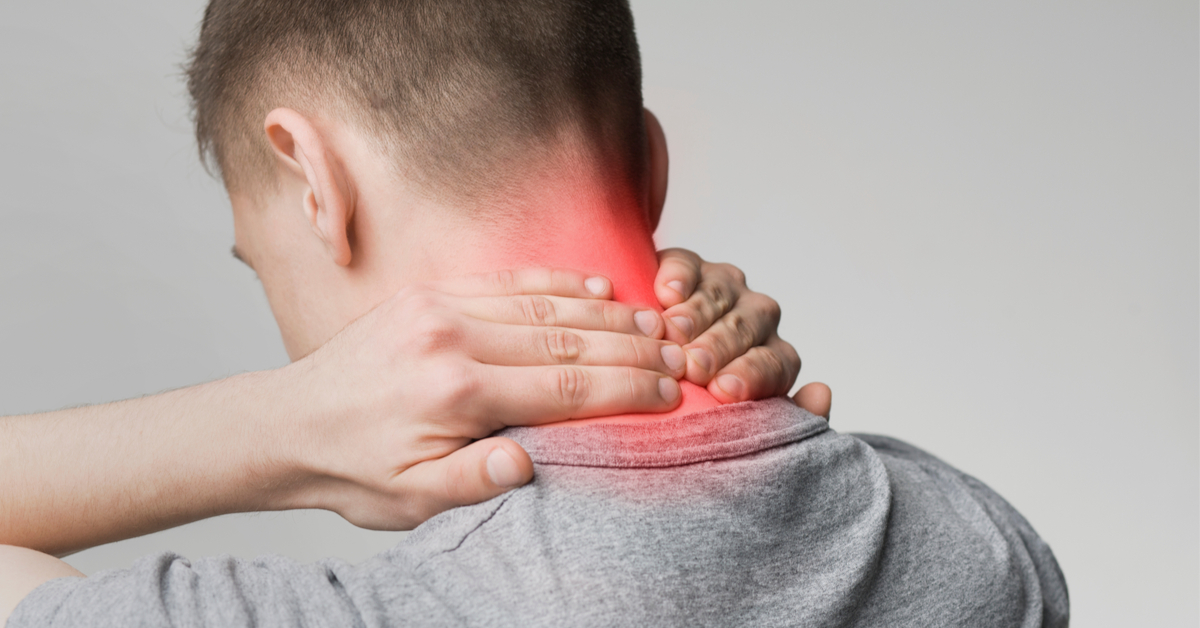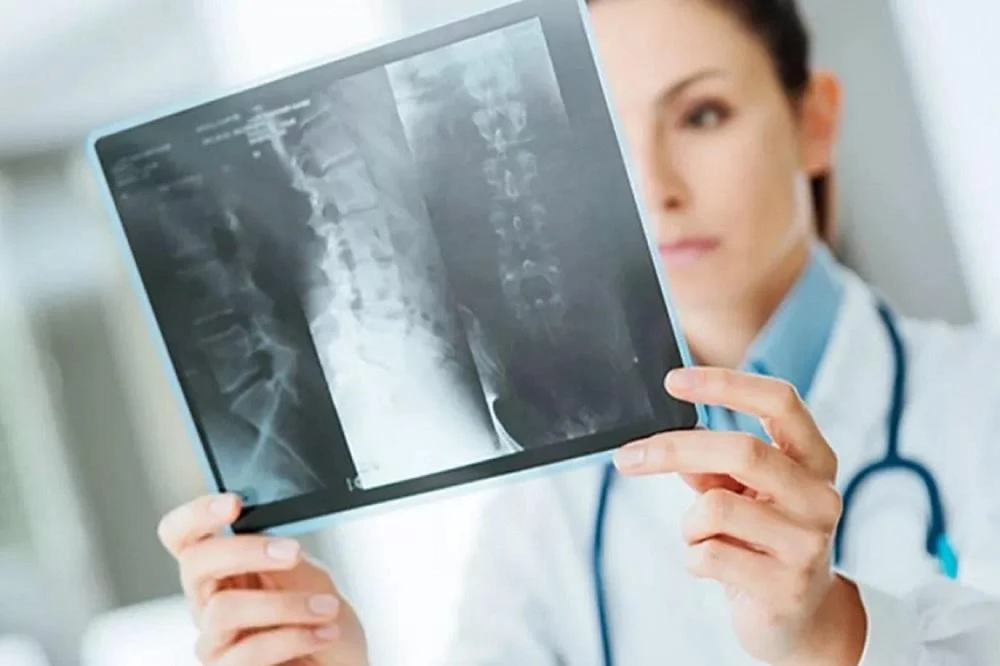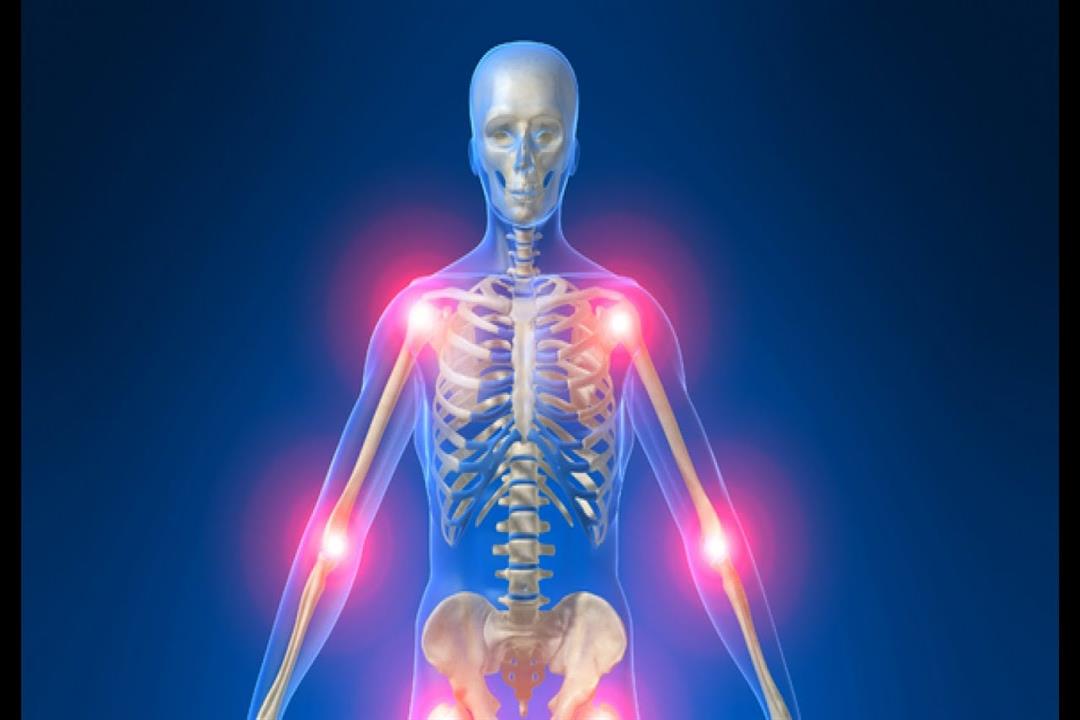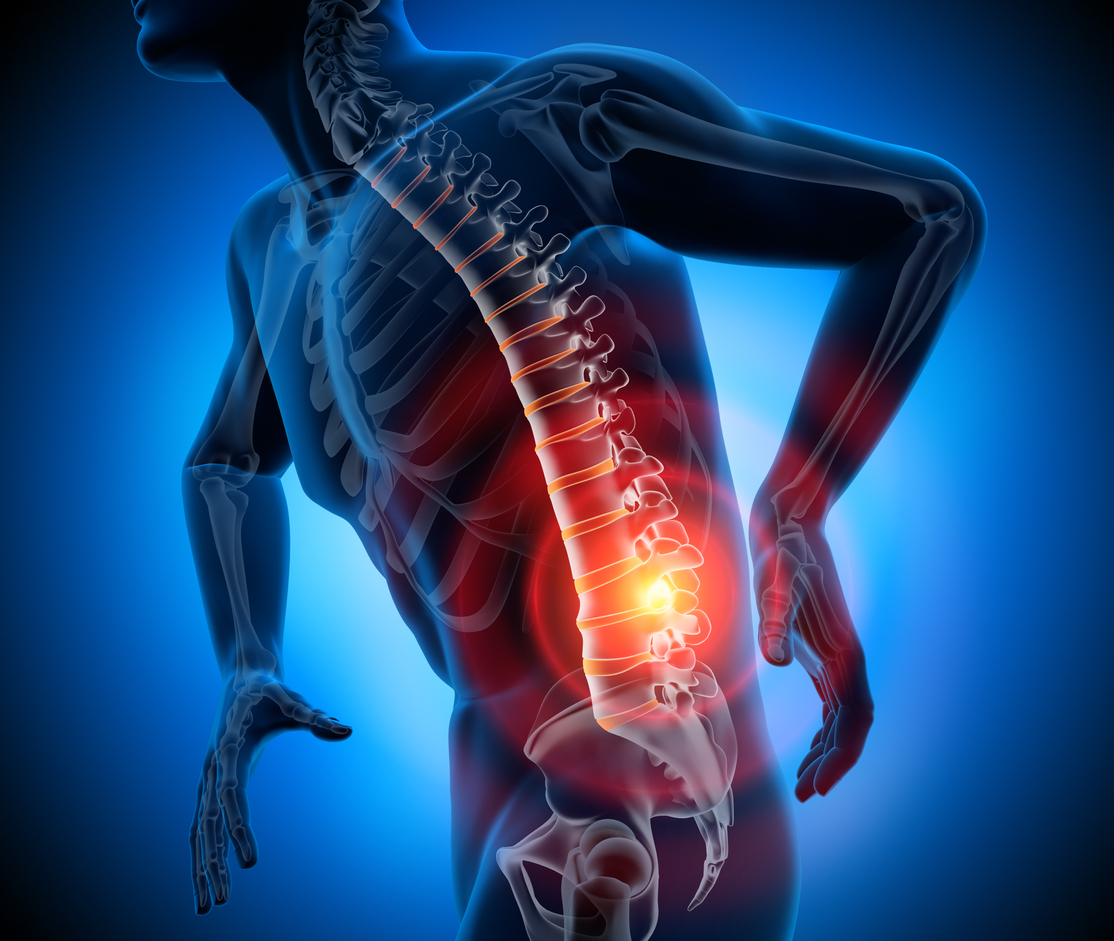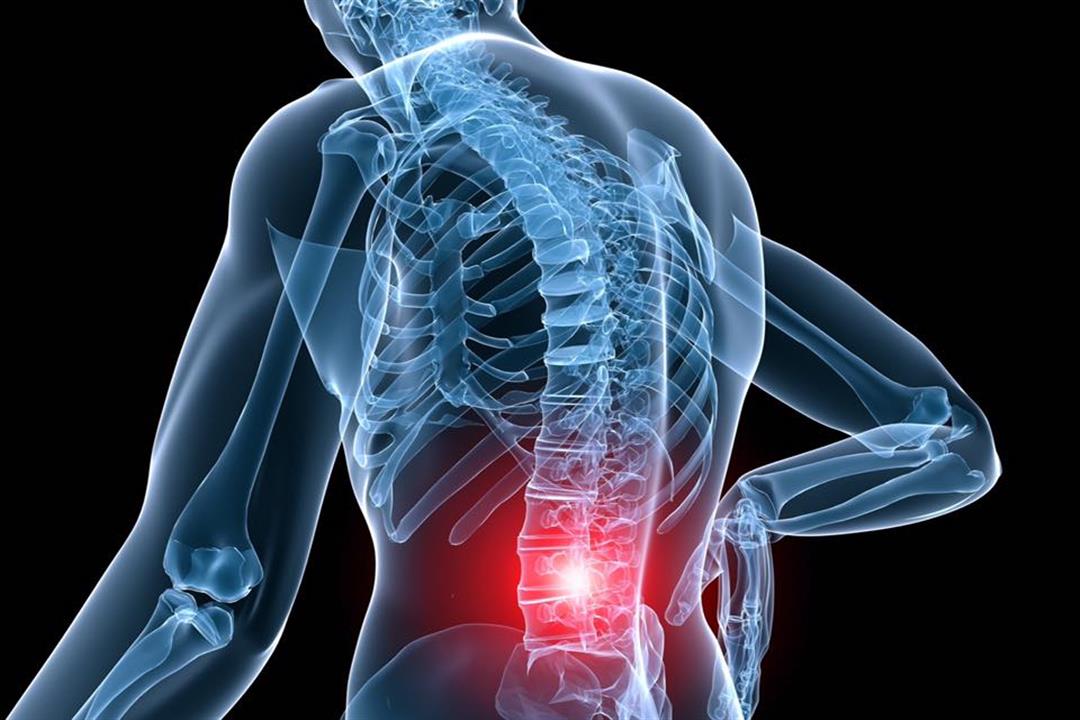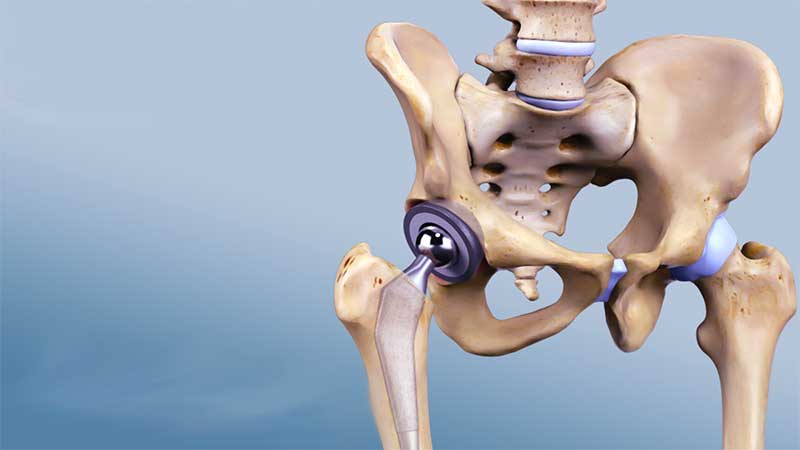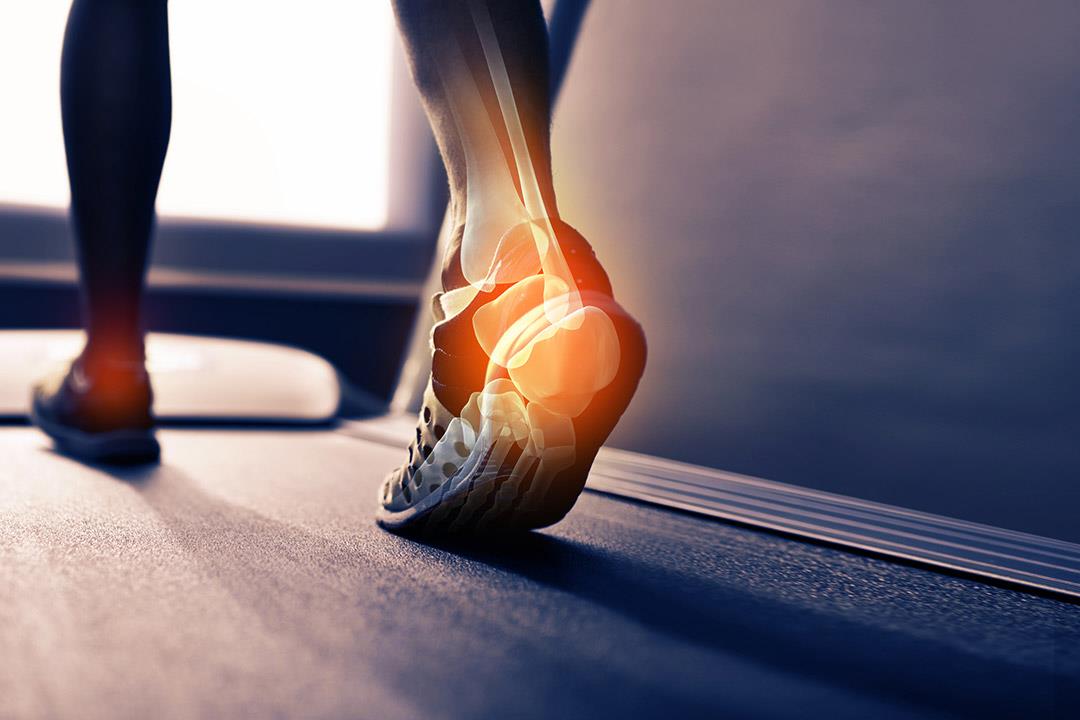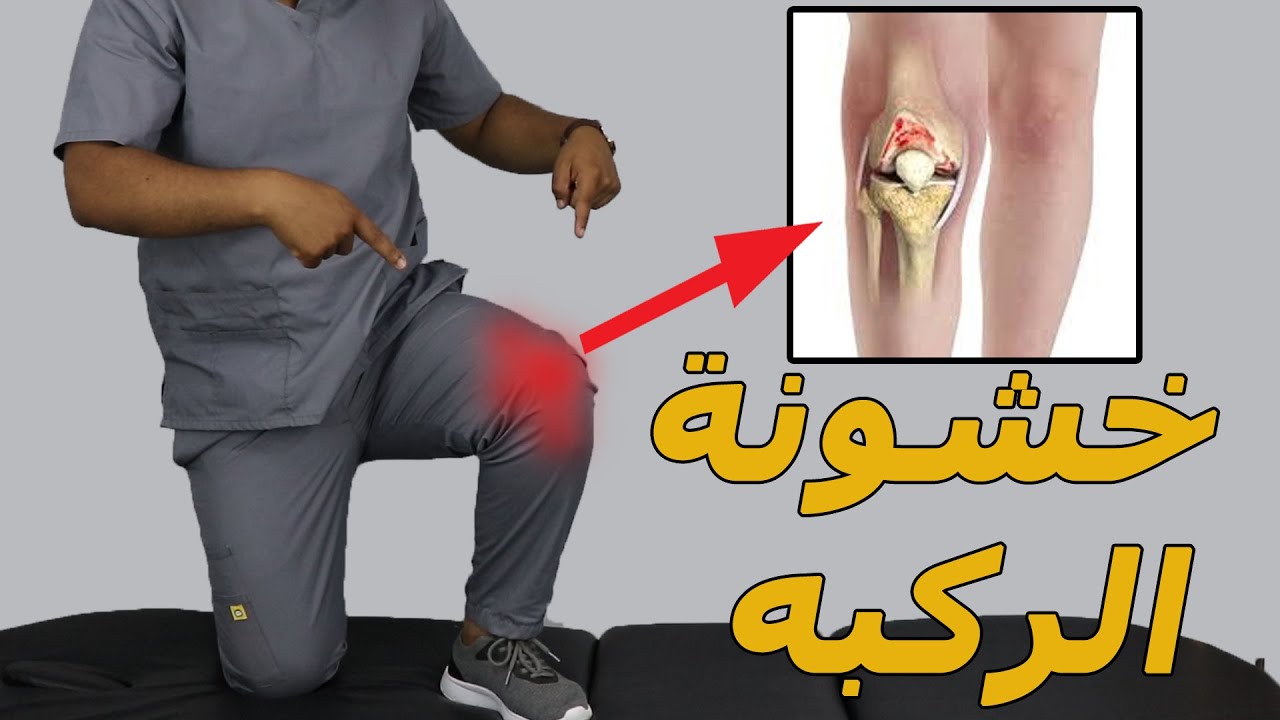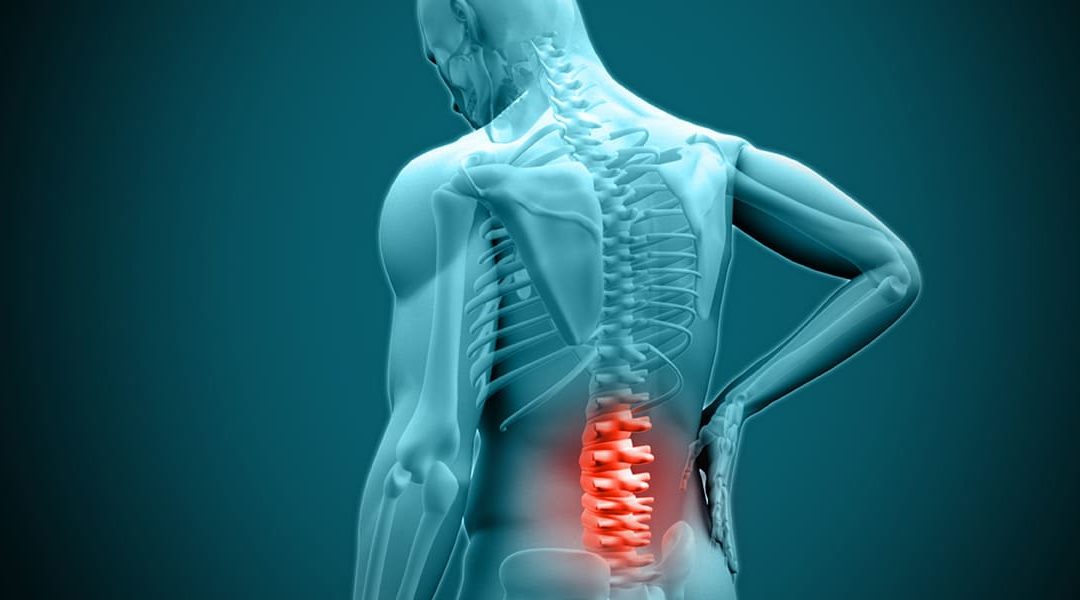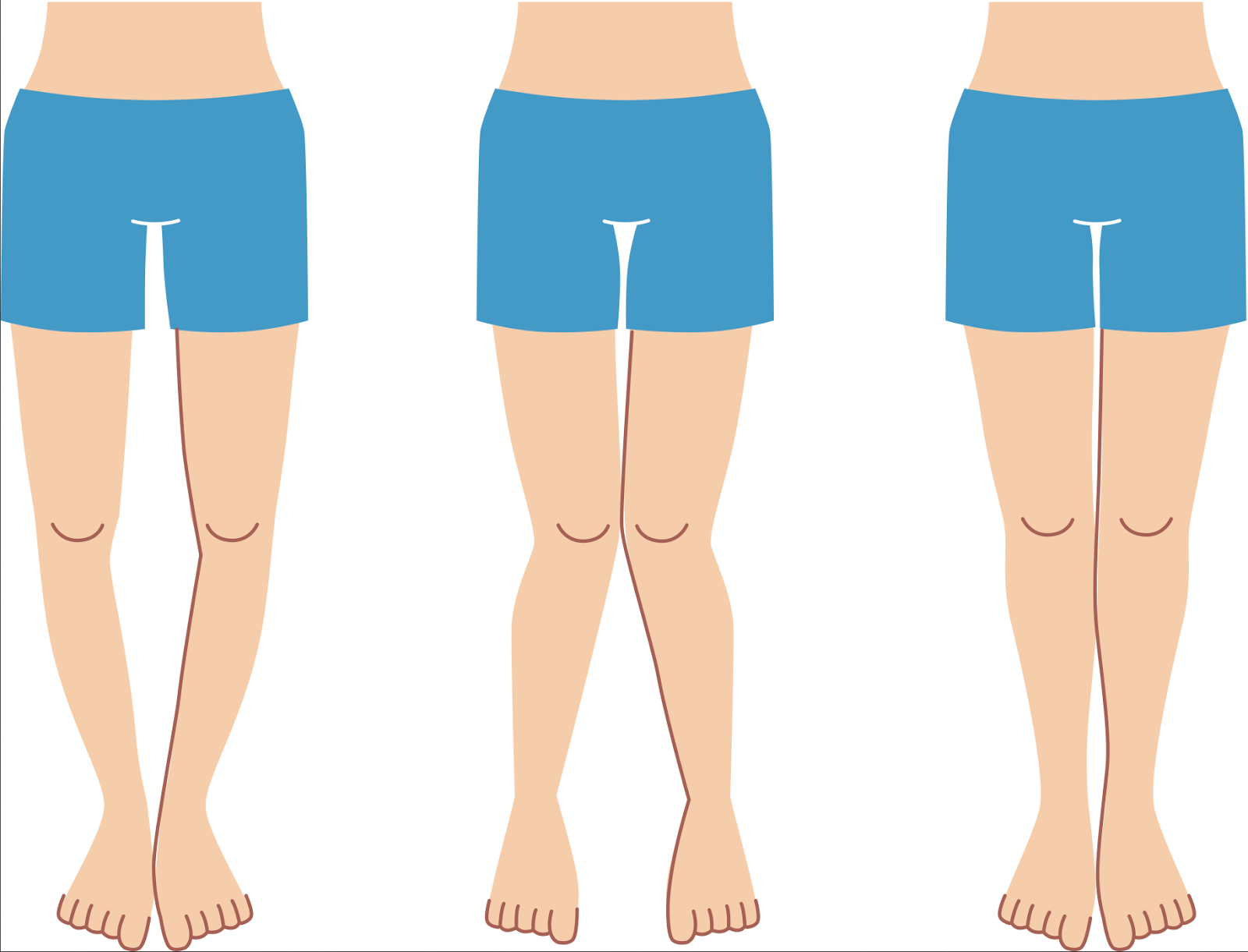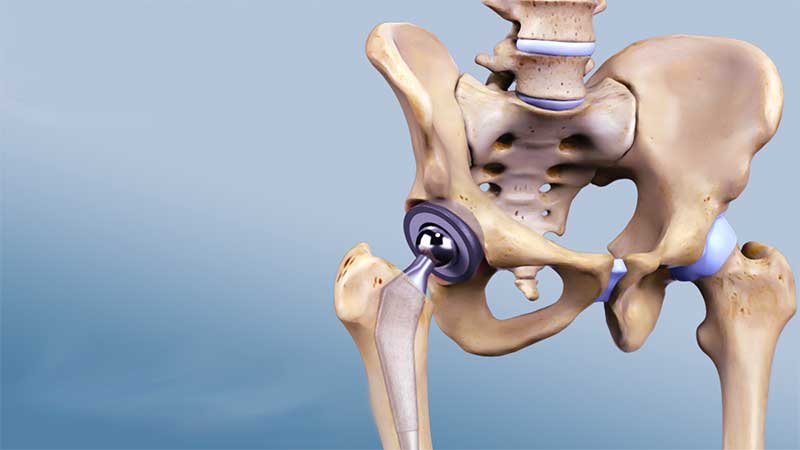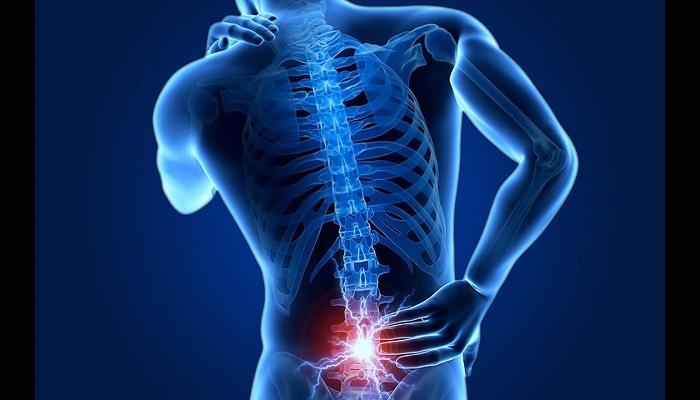Learn more about neck inflammation and what is cervical muscle strain? Neck Inflammation
Neck inflammation
Neck inflammation is a common condition that causes pain and tension in the neck area. The pain may result from strains and muscle spasms and can completely disappear after some time. However, other disorders that cause lower back pain can also lead to neck pain. In case warning signs such as numbness or weakness in the arm and leg appear, it is crucial to consult a doctor directly.
The severity of neck pain can be alleviated by using over-the-counter pain relievers and modifying activities. Doctors may also suggest exercises to strengthen and stretch the muscles, including upper back strengthening exercises. Individuals who suffer from pain that spreads to one arm and includes symptoms of nerve damage such as weakness in the arm and leg may require more intensive treatment.
This disorder can cause widespread chronic pain in the muscles and other soft tissues in the areas surrounding the neck. Less common and more serious causes of neck pain include tearing of the lining of one of the neck arteries and osteoarthritis. In rare cases, the pain may be an indicator of a more serious problem.
Treatment methods depend on the cause and severity of the neck pain. People suffering from chronic neck pain can consult doctors to determine the appropriate treatment. Doctors may recommend taking pain medication, applying physical therapy, and conservative treatment.
In addition, people can follow some preventive measures to reduce neck pain. Individuals should maintain proper body posture and avoid sitting for long periods in front of the computer or bending over a worktable. A neck brace can be used to keep the neck stable and alleviate pain.
In conclusion, people suffering from neck pain should regularly consult with doctors to assess their condition and guide them to the appropriate treatment. Prevention and early treatment can help alleviate pain and improve the quality of life.
What are the symptoms of neck inflammation?
Neck inflammation is a common condition that affects many people, especially the elderly. Neck inflammation causes many annoying and painful symptoms and may affect the quality of life of the person affected. In this article, we will address the most prominent symptoms associated with neck inflammation and how to deal with them.
One of the most common symptoms of neck inflammation is a sharp pain in the back, shoulders, arms, and legs. The pain may increase with various movements, such as coughing. The patient may also feel muscle weakness and difficulty in moving the head. The pain often worsens due to keeping the head in one position for long periods, such as driving or working on the computer. This may be accompanied by muscle spasms and contractions. Some people may also suffer from headaches and neck pain.
Poor body posture is one of the main causes of neck inflammation. When the body bends in front of the computer for long periods, or bends over a worktable, the neck muscles become tired and cause symptoms. The pain may also increase due to psychological stress and daily pressures.
It is important that neck inflammation is diagnosed by a specialist doctor and the appropriate treatment is determined. Different types of medications can be used in treating neck inflammation, such as non-steroidal anti-inflammatory drugs. The goal of non-surgical treatment is to reduce the severity of symptoms and strengthen the neck muscles and prevent further damage. If non-surgical treatment is not beneficial, surgery is resorted to in treating neck inflammation. The treating physician decides whether surgery is necessary based on the patient’s condition and the severity of the symptoms.
To avoid neck inflammation, it is important to maintain good body posture while sitting and working and to avoid sitting for long periods without movement. Strengthening exercises for the neck muscles and regular muscle stretching can also be practiced.
In summary, neck inflammation is a common condition that can cause painful symptoms and affect the lives of those affected. It is important to consult a specialist doctor to diagnose the condition and determine the appropriate treatment, whether it is non-surgical or surgical. It is also necessary to follow proper postures and practice the necessary exercises to prevent neck inflammation.
What is the treatment for neck nerve inflammation?
The treatment for neck nerve inflammation depends on the main cause of the inflammation and its severity. The appropriate treatment may be determined by the specialist doctor after assessing the condition and conducting the necessary examinations. Here are some common methods of treating neck nerve inflammation:
- Medication: Non-steroidal anti-inflammatory drugs: Help to reduce inflammation and relieve pain, such as ibuprofen and naproxen.
- Painkillers: Used to relieve pain, such as opioids. Nerve medications: Used to calm the nerves and relieve pain, such as pregabalin and gabapentin.
- Physical therapy: Therapeutic exercises: Therapeutic exercises are an important part of the treatment for neck nerve inflammation. Specific exercises are determined based on the patient’s condition and the severity of symptoms. These exercises aim to strengthen the muscles around the neck, improve flexibility, and reduce pain.
- Heat therapy: Heat can be used to relieve pain and soothe inflamed muscles. Hot compresses or warm baths can be used for this purpose.
- Massage: Massage can help improve blood circulation, relieve tension, and reduce pain.
- Surgical treatment: Surgery is a rare option and is only resorted to in the case of failure of other treatments. Surgery is performed to repair damaged nerves or to remove pressure on them. This option requires a thorough assessment by the doctor and a discussion of the risks and benefits of the surgery.
It is important to emphasize the significance of consulting a specialist doctor before implementing any treatment for cervical nerve inflammation. The doctor may determine the appropriate treatment based on the patient’s condition, medical history, and personal preferences. Remember that early and appropriate treatment can help reduce symptoms and improve the overall quality of life.
What is the cause of neck inflammation?
Neck pain is a common health issue that many people suffer from at different stages of their lives. Neck inflammation can result from several reasons, and understanding these causes is important to identify the appropriate treatment and prevention.
One of the main causes of neck pain is mental strain and stress. When a person is mentally tired or suffering from psychological stress, the tension and strain on the neck muscles increase, leading to pain and stiffness in this area. In addition, physical strain, such as the overuse of neck muscles during repetitive tasks or carrying heavy objects, can lead to neck pain and stiffness.
Injuries and accidents are also common causes of neck inflammation. When a person is involved in a car accident or experiences a fall, they may suffer injuries to the neck and shoulder muscles, leading to pain and stiffness in these areas. Furthermore, performing sports exercises incorrectly can be a cause of neck pain.
Some diseases and infections can also cause neck pain. For example, conditions like rheumatoid arthritis, meningitis, and cancer may cause neck pain. It is important to be aware that these conditions require diagnosis and specialized medical treatment.
Aging can also be a cause of neck pain. As the body ages, it becomes weaker, and the general condition of the body deteriorates, increasing the likelihood of health issues such as arthritis and degeneration, which can affect the neck area.
To prevent neck pain, some simple guidelines can be followed. For example, one should try to maintain a good posture and avoid excessive bending while sitting or standing. It is also advisable to perform strengthening exercises for the neck and shoulder muscles to fortify these areas and reduce the likelihood of pain. Additionally, avoiding mental strain and stress and practicing relaxation techniques and stress relief can be beneficial.
In summary, neck inflammation can be due to several causes such as mental strain and stress, physical strain, injuries and accidents, diseases and inflammations, and aging. It is important that the cause of the pain is correctly diagnosed and that the appropriate treatment is started to alleviate the symptoms and improve the overall health condition.
How long does muscle strain in the neck last?
Muscle strain in the neck is a common problem that many people experience at different stages of their lives. Neck muscle strain can result from many causes, such as psychological stress, daily pressures, muscle tension, harsh physical exercises, carrying heavy objects incorrectly, and sitting in an uncomfortable position for long periods.
The duration of muscle strain in the neck varies from person to person and depends on several factors, such as the severity of the strain, the cause, the type of treatment pursued, and the individual’s other health factors. Usually, muscle strain in the neck is a temporary and short-term condition and can last for a few days or weeks.
Nevertheless, if the neck muscle strain continues for more than two weeks without improvement, it might be better to visit a doctor to assess the condition and direct the appropriate treatment. The doctor may need to conduct a comprehensive examination of the neck and spine to determine the exact cause of the muscle strain and suggest suitable treatment.
The patient should avoid activities that rely on moving the neck, avoid carrying heavy objects, and only commit to the aforementioned exercises. It is good to practice yoga exercises that help relieve tension and calm the nerves and relax the tight muscles, which benefits the patient’s health and accelerates their recovery.
Attention should also be paid to symptoms that may indicate a serious condition and require a doctor’s visit, such as feeling weakness or numbness in the limbs or back, or loss of control over the bladder or bowels. If these symptoms are present, one should immediately visit a doctor for diagnosis and appropriate treatment.
In addition, some simple measures at home can be followed to relieve muscle strain in the neck. Heat therapy can be used, such as placing a heating pad on the neck to reduce tension and alleviate pain. Simple pain relievers, such as paracetamol or ibuprofen, can also be taken, but one should consult a doctor before taking any medication.
Overall, muscle strain in the neck can persist for a short period and naturally fade away with self-treatment and following medical advice. However, if the muscle strain continues for an extended period without improvement, it is essential to visit a doctor to evaluate the condition and receive the appropriate treatment.
Does neck inflammation cause headaches?
Neck inflammation is a common condition that causes pain and tension in the neck area. Some may wonder whether this inflammation can also cause headaches. In this article, we will explore this topic and explain the relationship between neck inflammation and headaches.
Neck inflammation can result from several causes, including muscle tension, arthritis, sports injuries, muscle spasms, and tendonitis. When inflammation occurs in this area, it can lead to acute or chronic pain in the neck, shoulders, and upper back.
Neck inflammation may cause headaches due to the muscular tension in the neck and shoulder muscles. When there is tension in these muscles, it can cause pressure on the nerves and blood vessels in the area, leading to headaches. Typically, headaches resulting from neck inflammation are unilateral and may be accompanied by other symptoms such as nausea and sensitivity to light and sounds.
According to studies, some indicate that about 90% of people suffering from migraines also experience neck pain associated with headaches. The pain in the neck may start before the onset of migraine episodes or during them. Thus, there is a close relationship between neck pain and headaches.
For treating neck inflammation and associated headaches, several methods can be followed. Doctors may recommend applying ice or heat to the affected area to relieve pain and swelling. Pain relief medications may also be taken to alleviate pain and tension. Headache pain relievers can also be taken to treat associated headaches.
Moreover, complementary therapies can be beneficial in alleviating neck pain and headaches. For example, relaxation exercises and meditation can be practiced to relieve muscle tension and calm the body and mind. A massage therapist can also be consulted to massage the tense muscles and improve blood circulation.
In the end, individuals suffering from neck pain accompanied by headaches should consult a doctor to diagnose the condition and determine the appropriate treatment. The doctor may be able to direct the person to the most suitable treatment and provide necessary guidance to prevent the problem from occurring in the future.
In summary, neck inflammation can cause headaches due to muscle tension and pressure on nerves and blood vessels in the area. To relieve pain and headaches, it is recommended to apply ice or heat, take pain-relieving medications, and practice relaxation exercises. However, it is essential to consult a doctor to diagnose the condition and determine the appropriate treatment.
What is cervical muscle tension?
Cervical muscle tension, also known as spasmodic torticollis, is a painful condition characterized by involuntary contraction of the neck muscles, leading to the person’s head tilting or turning to one side. Cervical muscle tension can also cause the person’s head to deviate forward or backward in a way that they cannot control. This disorder is rare and can occur at any age, typically affecting people in middle age, and is more common among women.
The symptoms associated with cervical muscle tension usually begin gradually until they reach a level that causes an actual deterioration of the condition. People with cervical muscle tension may feel pain in the neck that may extend to the shoulders, and this disorder may also cause headache attacks. The pain associated with cervical muscle tension can be debilitating and disabling in some cases.
Although the exact cause of cervical muscle tension is unknown, some factors may contribute to its occurrence. Researchers believe that having a family history of the disorder may increase the likelihood of developing it. Genetic changes associated with cervical muscle tension have also been discovered. Sustaining injuries to the head, neck, or shoulder may be factors associated with this disorder.
Symptoms of cervical muscle tension vary from person to person and may begin at any age but usually start between the ages of 20 and 60, especially between 30 and 50 years old. The symptoms generally begin gradually, and in rare cases, they may start suddenly and worsen quickly. Some symptoms may include shaking of the person’s head from side to side, as if the person is shaking their head in refusal. Some neck muscles may contract and remain contracted, or they may contract intermittently and cause neck deviation, and these contractions can be painful.
To diagnose cervical muscle tension, doctors rely on symptoms and clinical examination results. Botulinum toxin injections may be used as a first step in treatment, but if ineffective, oral medications can be used. Physical therapy can help alleviate some symptoms associated with cervical muscle tension by strengthening non-neck muscles. Contraction of the neck muscles in cervical muscle tension can cause the neck to deviate from its normal position.
Overall, there is no definitive cure for cervical muscle tension, and in some cases, the symptoms may disappear without treatment. However, the continued remission of the condition is not common. Patients with this disorder should consult a doctor to assess their condition and be advised on the appropriate treatment.
What causes nerve tension in the neck?
The nerves in the neck are an important part of the central nervous system, as they transmit neural signals between the brain and the rest of the body. However, these nerves can become tense and strained, leading to disturbing and painful symptoms. So, what causes nerve tension in the neck?
Nerve Compression: Compression on the nerves in the neck can occur due to several factors, such as swelling or inflammation in the tissues surrounding the nerves, or the presence of tumors or narrowing in the channels through which the nerves pass. Nerve compression can lead to symptoms such as pain, tingling, and numbness in the neck and upper limbs.
Neck Injury: Nerve tension in the neck can occur as a result of injury, whether it’s an acute injury from an accident or fall, or a chronic injury due to excessive repetition of certain movements. Injury can lead to tissue tearing and swelling, which puts pressure on the nerves and causes pain and tension.
Psychological and Emotional Stress: Psychological and emotional stress affects the state of the muscles in the body, including the muscles in the neck. When a person is stressed or pressured, the muscles in the neck tend to contract and spasm, leading to nerve tension and pain.
Poor Sitting Posture: Sitting for long periods in front of the computer or mobile phone in an incorrect posture is one of the main causes of nerve tension in the neck. When the head is tilted forward or twisted, the neck is subjected to extra pressure and the tension on the nerves increases.
Neck Inflammations: Inflammations in the tissues surrounding the nerves in the neck can cause nerve tension. These inflammations may be due to infection, arthritis, or tendonitis. Neck inflammations can lead to pain, swelling, and stiffness in the neck.
In addition to the mentioned causes, there are also other factors that may lead to nerve tension in the neck, such as spinal deformities and central nervous system disorders. Individuals suffering from nerve tension in the neck should consult a doctor to diagnose the condition and determine the appropriate treatment.
The treatment methods for nerve tension in the neck depend on the cause of the condition and its severity. Treatment may include the use of pain relieving and anti-inflammatory medications, application of ice or topical heat, undergoing physical therapy sessions to strengthen the muscles and improve flexibility, and using massage devices and engaging in appropriate exercise therapy.
Generally, it is advisable to follow a healthy lifestyle and exercise regularly to strengthen muscles and improve flexibility, avoid sitting for long periods in incorrect postures, and maintain the correct posture while using electronic devices.
In conclusion, individuals who suffer from nerve tension in the neck should consult a doctor to evaluate the condition and determine the appropriate treatment. Ignoring symptoms and working on preventing the potential causes of nerve tension in the neck through following a healthy lifestyle and exercising regularly is essential.
How do I know if I have a slipped disc in the neck?
A slipped disc in the neck is a common condition that can affect an individual’s health and overall quality of life. It occurs when the intervertebral disc slips between the cervical vertebrae, leading to pressure on the surrounding nerves and neural response.
The symptoms of a slipped disc in the neck include:
- Pain Sensation: A person may feel pain extending from the neck to the shoulder and arm, which may be accompanied by pain in the hand and fingers.
- Numbness and Tingling: A person may experience numbness or tingling in the shoulder or arm, which may extend to the fingers.
- Muscle Weakness: A person may notice weakness in the affected arm or hand, affecting their ability to perform daily activities.
- Headache: A person may suffer from a continuous headache in the head and neck area.
- Neck Stiffness: A person may find it difficult to move the neck easily and may feel stiffness in the neck muscles.
As for diagnosis and treatment, a person should consult a specialist in spinal diseases. The diagnosis of a slipped disc can be done through clinical examination, inquiry about symptoms and medical history, and may be confirmed through diagnostic tests such as X-rays and Magnetic Resonance Imaging (MRI).
For treatment, the suitable option is determined based on the patient’s condition and the severity of the symptoms. Possible treatments may include:
- Medication Treatment: Pain relieving and anti-inflammatory medications may be prescribed to alleviate symptoms.
- Physical Therapy and Therapeutic Exercises: This includes training and exercises to strengthen the muscles surrounding the neck and improve flexibility.
- Interventional Treatment: This involves injection therapy, where pain-relieving medications are injected directly into the affected area to alleviate pain and inflammation.
- Surgery: In case the symptoms do not respond to other treatments, surgery may be considered to remove the damaged disc or replace it.
It’s essential to consult a specialized doctor to evaluate the patient’s condition and determine the appropriate treatment. Individuals should also ensure to maintain a correct body posture and avoid vigorous movements that may increase the disc pressure in the neck.
In summary, a slipped disc in the neck is a condition that requires proper diagnosis and treatment. Individuals should consult a specialized doctor for necessary guidance and healthcare.
What causes pain in the back of the neck and shoulders?
A common issue many individuals face is pain in the back of the neck and shoulders. The cause of this pain could be related to problems in the spinal column and the discs between them, or could be associated with stretching or bone growth, causing pressure on the nerves and soft tissues between the neck vertebrae and the shoulders.
One common cause of pain in the back of the neck and shoulders is the occurrence of a hernia or disc between the vertebrae of the spinal column. This happens due to excessive stress and fatigue in the neck area, causing irritation and inflammation of the sensitive nerves in the neck. The herniated discs and bony protrusions in the neck vertebrae can press on the nerves branching from the spinal cord, causing pain in the neck and shoulders.
Other conditions that can cause pain in the back of the neck and shoulders include osteoarthritis, meningitis, and cancer. Most neck pain is associated with poor body posture and body deterioration due to aging.
Most causes of pain in the back of the neck and shoulders are not serious, but caution should be taken if the pain extends to your arms and shoulders and continues and recurs for a long time. The severity of these causes can range from mild to serious. A common cause of pain in the back of the neck and shoulders is stress resulting from a sudden movement in the body, or excessive exercise, which can lead to muscle swelling, tearing, and inflammation.
Additionally, pain in the back of the neck and shoulders can occur due to incorrect posture for a long time, especially when using a computer for extended periods. This causes significant stress to the muscles and ligaments in the neck and shoulder area, and over time and with repeated wrong postures, the muscles may become weak, coarse, and lose their flexibility, leading to recurring pain in the back of the neck and shoulders area.
In conclusion, it is necessary to consult a doctor to identify the causes of pain in the back of the neck and shoulders and provide the appropriate treatment. Treatment may include pain relief through physical therapy, providing muscle-strengthening exercises, taking pain-relieving medications, and in some serious cases, surgery may be necessary.
Best Doctor for Neck Treatment
Dr. Amro Amal is an ideal choice for those looking for the best doctor for neck disc treatment in Egypt. Dr. Amro Amal possesses the necessary experience and proficiency to provide good healthcare and effective treatment for this condition.
In recent years, neck disc cases have increased and have become a significant health challenge. Neck discs cause severe pain and a reduction in movement, negatively impacting the patients’ quality of life. Hence, turning to Dr. Amro Amal is the right step to get the appropriate treatment and permanently get rid of the pain.
Dr. Amro Amal is one of the best specialized doctors in neck disc treatment in Egypt. He has a good reputation and extensive experience in this field. Dr. Amro Amal has provided care to numerous patients and helped them improve their condition and regain their comfort and vitality.
Dr. Amro Amal offers comprehensive treatment for neck discs using the latest techniques and advanced surgical procedures. Dr. Amro Amal performs successful operations for disc suction and laser cauterization, and knee injections. Dr. Amro Amal works meticulously and performs his surgical procedures with high skill to achieve the best results for patients.
The treatment provided by Dr. Amro Amal for neck disc issues has a significant impact on the patients’ lives. Thanks to this treatment, patients regain their ability to move freely and without pain, which restores their normal life and the ability to carry out daily activities with ease.
In summary, Dr. Amro Amal is considered one of the best specialized doctors in neck disc treatment in Egypt. He is distinguished by his experience, proficiency, and advanced techniques in the field of interventional surgery for treating this condition. If you are suffering from neck disc pain, turning to Dr. Amro Amal may be the right step to get the appropriate treatment and permanently rid yourself of the pain.
